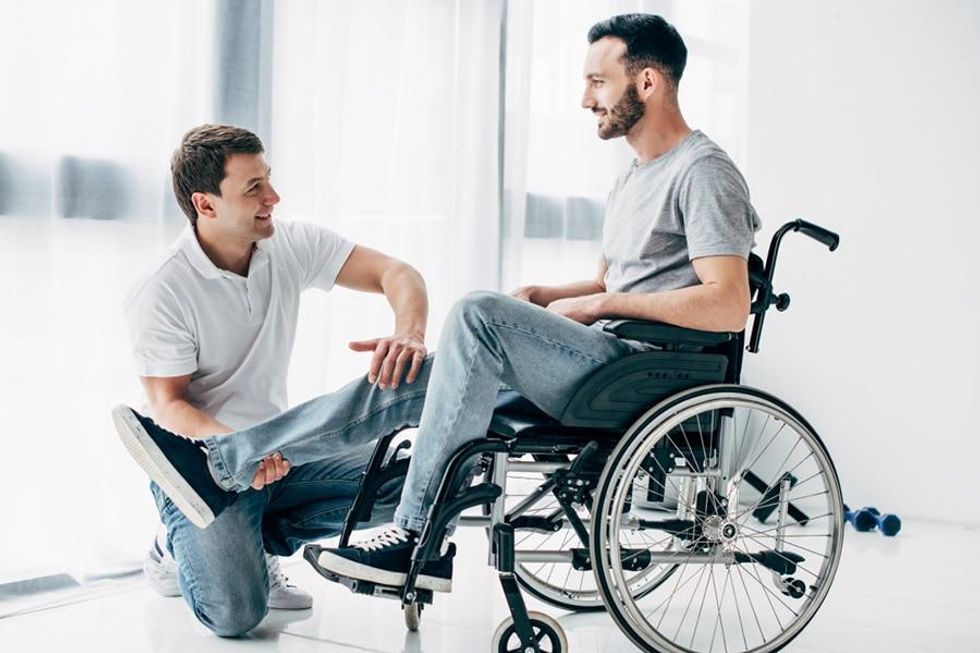The National Disability Insurance Scheme (NDIS) is a disability support program started by the Australian government. This scheme was legislated in 2013 and went into operation in 2020. Over the years, this program has gained a lot of popularity among Australian citizens. It is designed to help people with any significant or permanent impairment lead independent lives and achieve their goals. NDIS provides a huge range of disability services to its participants according to their needs, and participants can request the support they consider necessary for their health.
What Is Allied Health?
There are several health professions that are different from medicine and nursing, but the lack of awareness around them makes them unpopular. Allied health is also a health profession that is distinct from medicine and nursing. This profession has a wide range of professionals who are able to diagnose, identify, and treat acute and chronic conditions with different practices. Dietitians, psychiatrists, physiotherapists, and occupational therapists are some examples of allied health professionals.
Does NDIS Fund Allied Health?
Participants often ask whether NDIS funds allied health services in their NDIS plans or not. The simple answer to this question is yes, it does.
Physiotherapy and occupational therapy are essential parts of the NDIS plan. Both of these support are included as NDIS allied health support in participants’ plans. These can be funded under both the Core Support and Capacity-Building Support categories. However, having this support in your NDIS plan is not essential.
The NDIS plan is created after assessing the participant’s health and needs. If a participant does not need certain support in his NDIS plan, the National Disability Insurance Agency (NDIA) will not allow funding for it even if that participant asks. NDIS does not fund anything unrelated to the participant’s condition. Hence, participants are only supposed to request things that have an impact on their health or that will bring them closer to their goals.
If you don’t consider allied health support necessary for your health and needs, you will not get the funds for it in your NDIS plan. However, if NDIS doesn’t deem it necessary but you think it might be important for your goals, you can request the agency to re-evaluate your needs and add this support to your plan.
Personalised NDIS Plan
There is no standardised NDIS plan for participants. Each participant has different needs, and NDIS creates personalised plans for them. Support is funded depending on the needs of each participant, so there is no way a participant can get services that are unrelated to his condition. No support is essential to get into the NDIS plan, including allied health services. You can choose to have the support you consider necessary and NDIA also only allows the services that are related to your condition and goals.
If you are looking for NDIS allied health support in Sydney, reach out to EnableU. They are registered service providers who can help you find the right support for your health so you can keep moving toward your goals and become as independent as possible.




















 sunrise
StableDiffusion
sunrise
StableDiffusion
 bonfire friends
StableDiffusion
bonfire friends
StableDiffusion
 sadness
StableDiffusion
sadness
StableDiffusion

 purple skies
StableDiffusion
purple skies
StableDiffusion

 true love
StableDiffusion
true love
StableDiffusion
 My Cheerleader
StableDiffusion
My Cheerleader
StableDiffusion
 womans transformation to happiness and love
StableDiffusion
womans transformation to happiness and love
StableDiffusion
 future life together of adventures
StableDiffusion
future life together of adventures
StableDiffusion





















